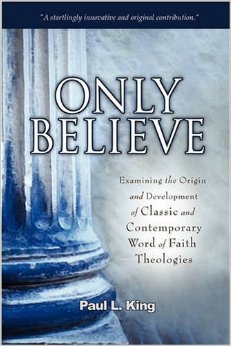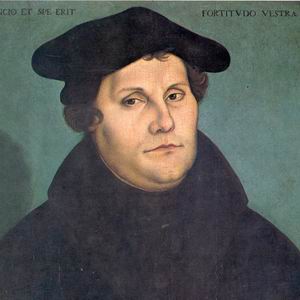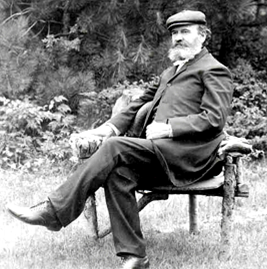Claiming Inheritance or Dying to Self: Theology of Glory or Theology of the Cross?

This chapter is from Paul L. King’s book Only Believe: Examining the Origins and Development of Classic and Contemporary Word of Faith Theologies.
Several years ago I read St. John of the Cross on mortification of self and at the same time read Robert Schuller on self-esteem. I learned from both, even though the writings of these two authors are poles apart. Both teach elements of truth, but both represent opposite extremes. The dynamic tension of the counter-polarities needs to be kept in balance. If self-esteem is taught without the cross, the believer’s thought and practice are skewed and become egocentric. If death to self is taught without understanding the believer’s exalted position in Christ, the believer’s thought and practice are again skewed and susceptible to self-centered spiritual flagellation. The key to healthy Christian living and faith is to hold these two truths in balance.1 However, in relation to faith teaching, claiming the believer’s inheritance would seem to be at odds with dying to one’s self. How can the two seemingly contradictory concepts be reconciled?
In reality, healthy faith must maintain a healthy blend of both dying to self and claiming the rights and privileges of the believer. The message of the crucified life is the one element often missing from modern faith teaching and practice, thus breaking down the dynamic tension. Kenneth Hagin does not negate the cross, but believes it has been over-emphasized to the neglect of the abundant life in Christ: “The trouble with us is that we have preached a ‘cross’ religion, and we need a ‘throne’ religion. … The cross is actually a place of defeat, whereas the Resurrection is a place of triumph. When you preach the cross, you are preaching death, and you leave people in death. We died all right, but we’re raised with Christ.”2 The classic faith leaders of the Keswick and Higher Life movements would agree that we need a throne religion, but not to the neglect of the cross. Without the cross life the emphasis on obtaining the promised blessings of God is out of balance and susceptible to egocentricism and distortion.

Martin Luther (1483-1546)
Via Wikimedia Commons.
Martin Luther distinguished a theology of glory (theologia gloria) from a theology of the cross (theologia crucis). The theology of glory “is concerned primarily with God and his glory, whereas the other sees God as hidden in his suffering.”3 According to Luther, man prefers the theology of glory or triumphalism because it exalts man: “He prefers works to suffering, glory to the cross, strength to weakness, wisdom to folly, and in general, good to evil.”4 In contrast, the emphasis of the New Testament exalts the humbling of Christ and denial of self: “Have this attitude in yourselves which was also in Christ Jesus, who, although He existed in the form of God, did not consider equality with God a thing to be grasped, but emptied Himself, taking the form of a bondservant, and being made in the likeness of men. And being found in appearance as a man, He humbled himself by becoming obedient to the point of death, even death on a cross” (Philippians 2:5-8, NASB).

A. B. Simpson (1843-1919), founder of the Christian and Missionary Alliance.
Via Wikimedia Commons.
Luther further declared, in contrast to some modern faith thought, that “God can only be found in suffering and the cross. … Therefore the friends of the cross say that the cross is good and works are evil, for through the cross works are dethroned and the old Adam, who is especially edified by works, is crucified. It is impossible for a person not to be puffed up by his good works unless he has first been deflated and destroyed by suffering and evil until he knows that he is worthless and that his works are not his but God’s.”5 Other mystics likewise emphasized the life of the cross. Fenelon avowed, “We are nothing without the cross.”6 Thomas a Kempis likewise observed centuries ago, “The Lord has many lovers of His crown but few lovers of His cross.”7
Category: Church History, Fall 2011


